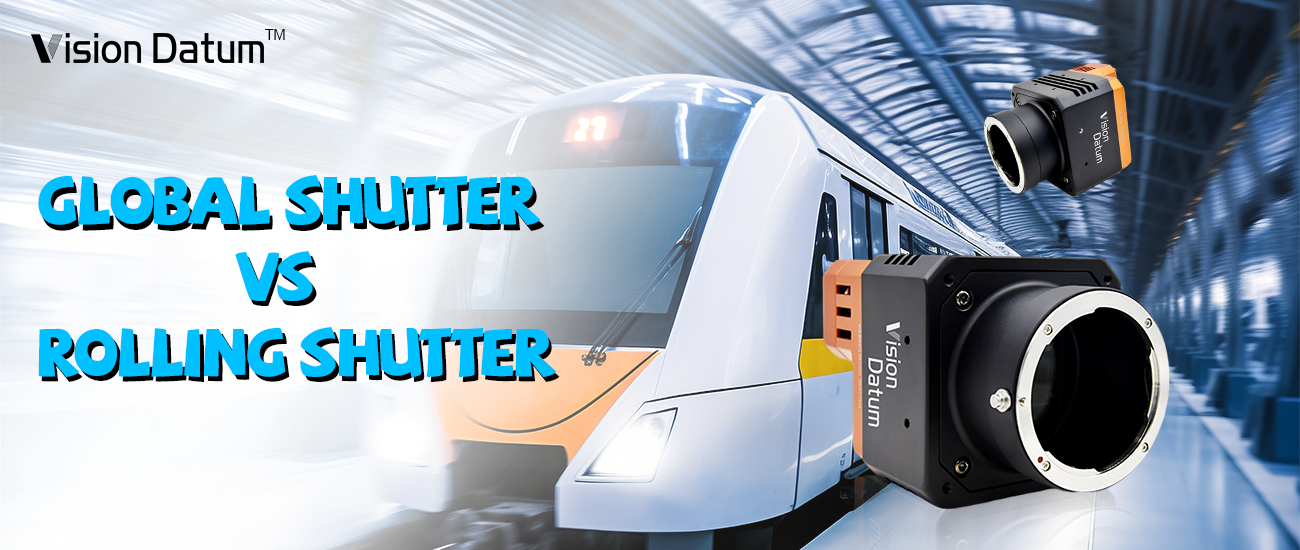Global Shutter
This is achieved by exposing the entire scene at the same time. All pixels of the Sensor collect light at the same time and are exposed at the same time. That is, at the beginning of the exposure, the Sensor begins to collect light; at the end of the exposure, the light collection circuit is cut off. CCD is the way Global shutter works. All pixels exposed simultaneously
Rolling Shutter
Different from Global shutter, it is implemented by Sensor line-by-line exposure. At the beginning of the exposure, the Sensor scans line by line and exposes line by line until all pixels are exposed.

Compare advantages and disadvantages
Global shutter: shorter exposure time, but will increase readout noise;
Rolling shutter: Can achieve higher frame rates and less noise, but moving scenes will produce a “Rolling shutter effect”.
Rolling shutter effect

summary
Global shutter is suitable for applications with short exposure times (such as <500μs) and fast-moving objects; rolling shutter is suitable for applications with long exposure times (such as greater than 500μs) that can have lower noise and frame rates or stationary objects.

